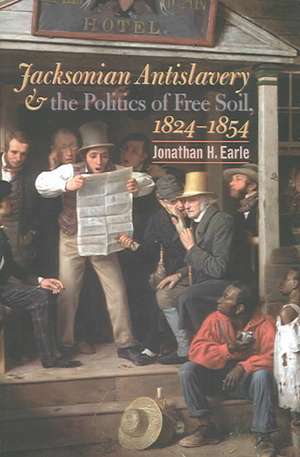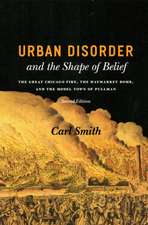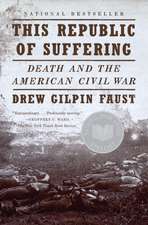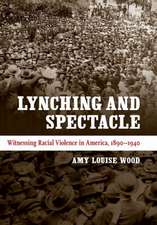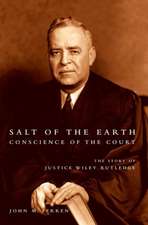Jacksonian Antislavery and the Politics of Free Soil, 1824-1854
Autor Jonathan Earleen Limba Engleză Paperback – 30 sep 2004
Preț: 305.77 lei
Nou
Puncte Express: 459
Preț estimativ în valută:
58.53€ • 63.60$ • 49.19£
58.53€ • 63.60$ • 49.19£
Carte tipărită la comandă
Livrare economică 21 aprilie-05 mai
Preluare comenzi: 021 569.72.76
Specificații
ISBN-13: 9780807855553
ISBN-10: 0807855553
Pagini: 296
Dimensiuni: 156 x 236 x 18 mm
Greutate: 0.43 kg
Ediția:New.
Editura: University of North Carolina Press
ISBN-10: 0807855553
Pagini: 296
Dimensiuni: 156 x 236 x 18 mm
Greutate: 0.43 kg
Ediția:New.
Editura: University of North Carolina Press
Textul de pe ultima copertă
Tracing the rise of antislavery free-soil politics among Jacksonian Democrats in the 1830s and 1840s, Jonathan Earle argues that previous scholars have distorted the history of both the Jacksonians and the antislavery movement by neglecting the growing number of northern Democrats who decided to oppose slavery and its expansion. Tracing the rise of antislavery free-soil politics among Jacksonian Democrats in the 1830s and 1840s, Jonathan Earle argues that previous scholars have distorted the history of both the Jacksonians and the antislavery movement by neglecting the growing number of northern Democrats who decided to oppose slavery and its expansion.
